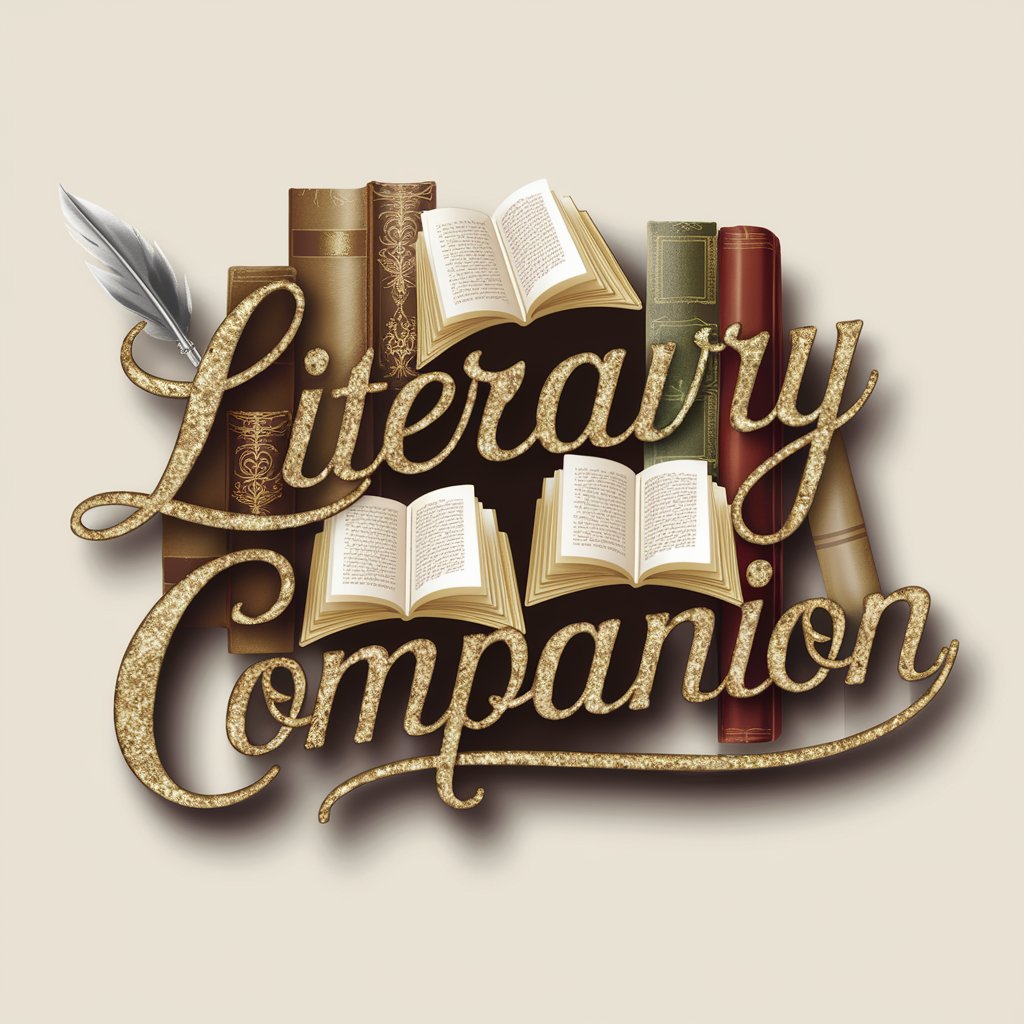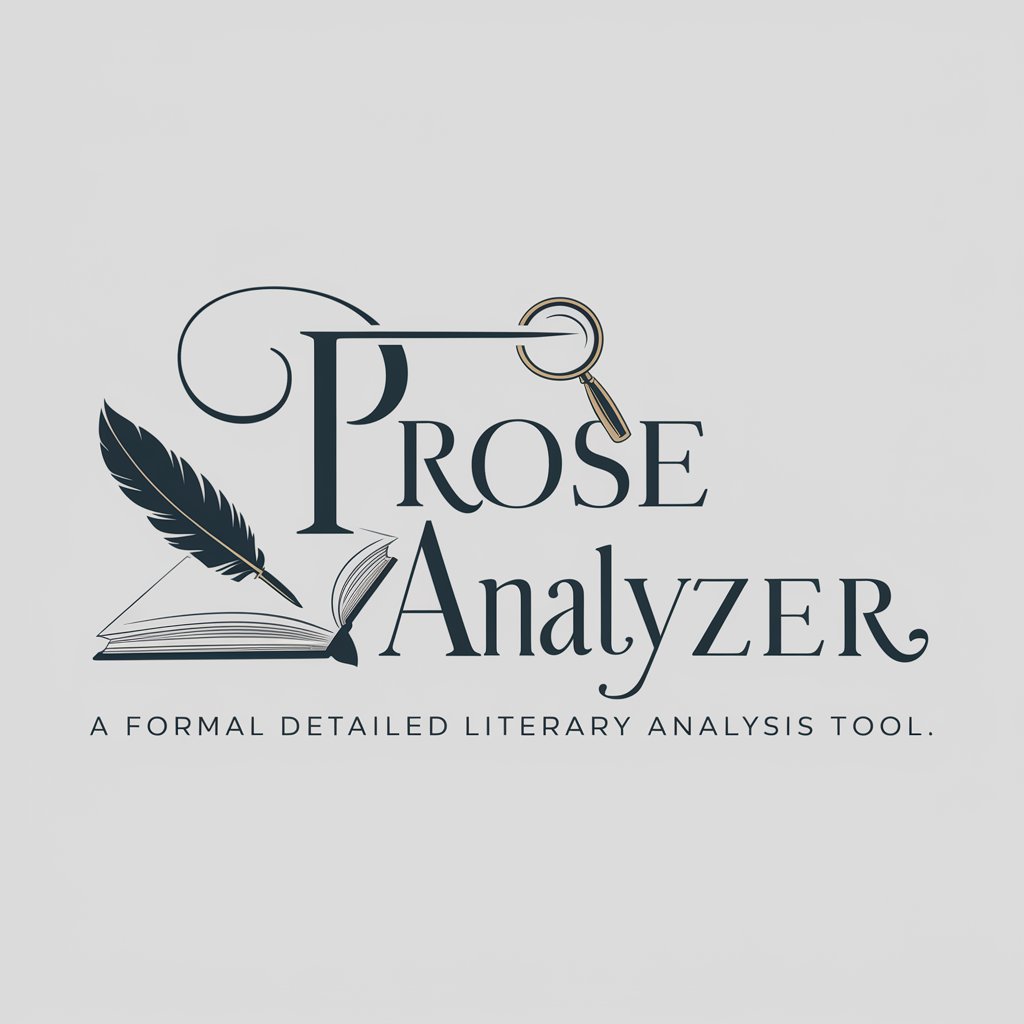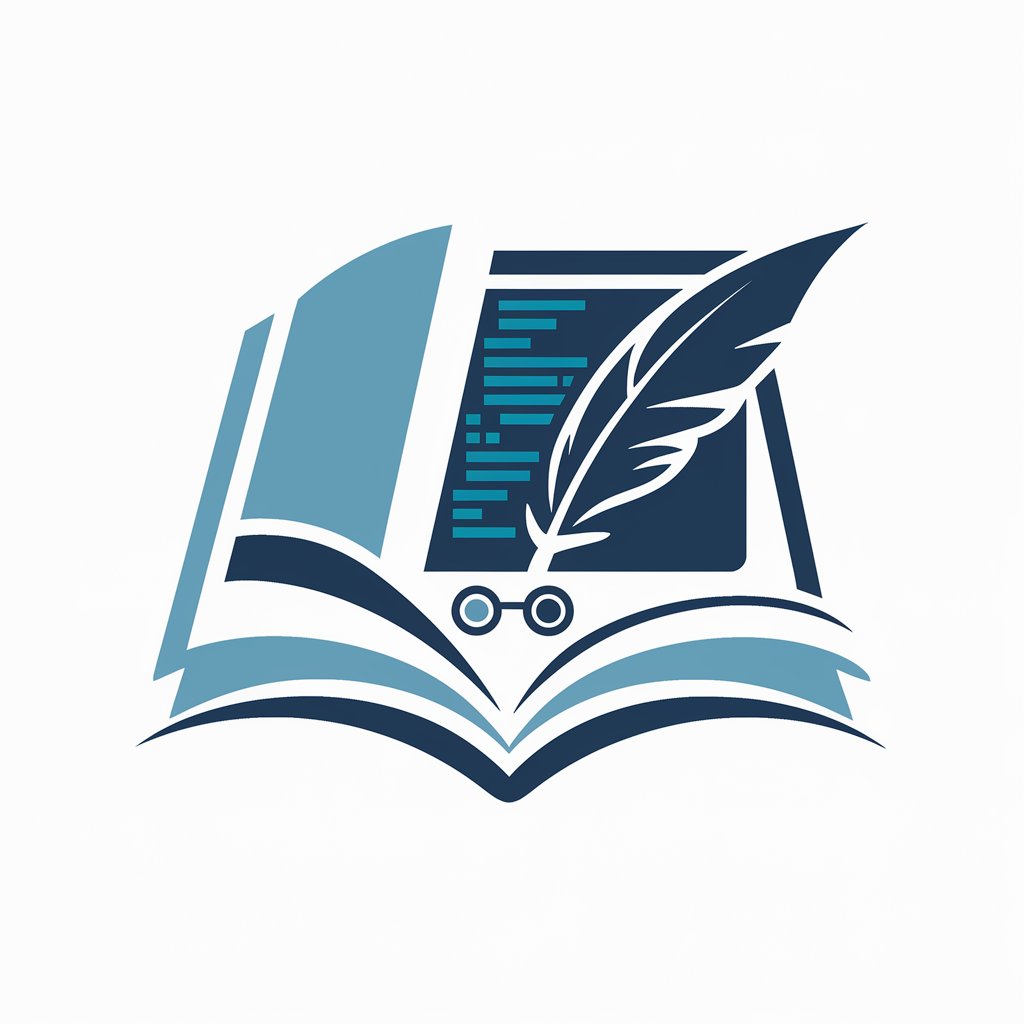
Literary Analysis - Deep Literary Insight
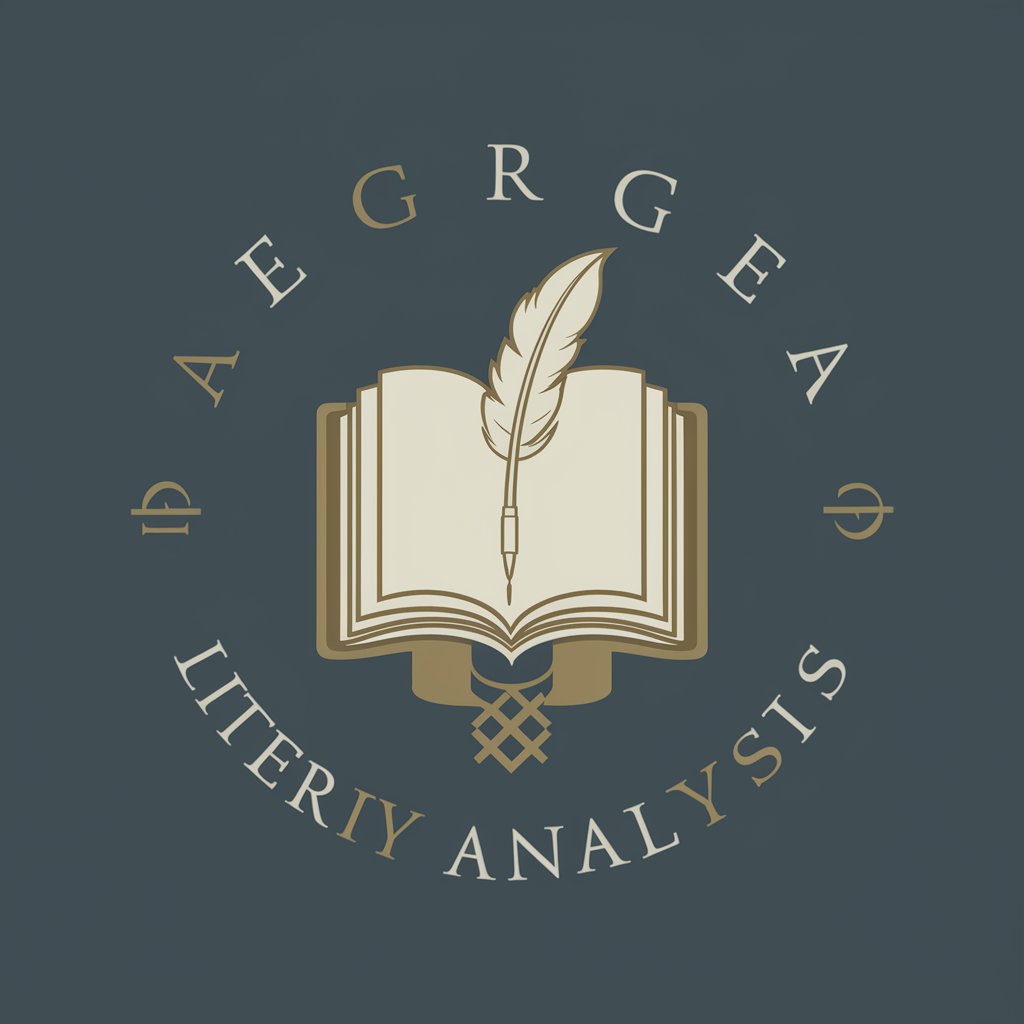
Welcome! Let's dive into the world of literary analysis.
AI-powered Deep Dive into Literature
Analyze the central theme of the provided literary excerpt, focusing on its relevance to the narrative.
Discuss the use of literary techniques in the excerpt and their impact on the overall theme.
Examine the characterization within the excerpt, considering how the characters' motivations drive the story.
Explore the setting and context of the excerpt, and how it shapes the themes and characters.
Get Embed Code
Overview of Literary Analysis
Literary Analysis is a specialized tool designed to assist users in dissecting and understanding various elements of literary works. It operates by examining texts through multiple lenses, including thematic exploration, identification and interpretation of literary devices, character analysis, and contextual significance. For instance, in analyzing a classic novel, Literary Analysis might explore the symbolism behind a recurring motif, the psychological depth of a protagonist, or the socio-political commentary embedded within the narrative. This thorough examination not only enhances appreciation and comprehension of literature but also fosters critical thinking and analytical skills. Powered by ChatGPT-4o。

Core Functions of Literary Analysis
Thematic Exploration
Example
Identifying the central theme of 'To Kill a Mockingbird' as the moral nature of human beings, illustrated through the contrasting figures of Atticus Finch and Bob Ewell.
Scenario
Used in classroom settings to guide discussions, develop thesis statements, or frame essay prompts.
Literary Devices Analysis
Example
Examining the use of allegory in 'Animal Farm' to critique totalitarian regimes and societal compliance.
Scenario
Applied in book clubs or literature courses to deepen understanding of an author's stylistic choices and their impacts on the narrative.
Character Analysis
Example
Exploring the complexity of Hamlet's character in Shakespeare's play, focusing on his indecisiveness and moral dilemmas.
Scenario
Utilized in academic research or writing to construct character profiles or analyze character development.
Contextual Analysis
Example
Analyzing the influence of Victorian societal norms on the characters and plot of 'Pride and Prejudice'.
Scenario
Employed in historical or cultural studies to understand the interplay between literature and its social context.
Target User Groups for Literary Analysis
Students and Educators
High school and college students, as well as educators, can leverage Literary Analysis to enhance curriculum engagement, facilitate in-depth discussions, and improve analytical writing skills.
Academic Researchers
Researchers specializing in literature or humanities can utilize Literary Analysis to support their investigations, develop theoretical frameworks, and engage with critical discourse.
Book Club Members
Book club participants can use Literary Analysis to enrich their discussions with nuanced interpretations, foster a deeper connection with the material, and promote diverse perspectives.

Guidelines for Using Literary Analysis
Initiate a Free Trial
Begin by accessing yeschat.ai to initiate a free trial, offering full access without the need for login or a ChatGPT Plus subscription.
Choose Your Analysis Type
Select the type of literary analysis that suits your needs: high school, college-level, or book club discussions. Each category is tailored to different depths of analysis and discussion.
Prepare Your Excerpt
Have your literary excerpt ready for analysis. This could be a passage from a novel, poem, or any other literary work that you wish to explore in depth.
Engage with the Analysis
Utilize the provided guidelines to dissect the excerpt. Focus on themes, literary techniques, characterization, and other critical elements for a comprehensive understanding.
Apply Insights
Incorporate the insights gained from the analysis into your writing, discussions, or further research. Use the questions posed for deeper exploration as a starting point for extended study or conversation.
Try other advanced and practical GPTs
EEG Analysis
Decipher Brain Waves with AI
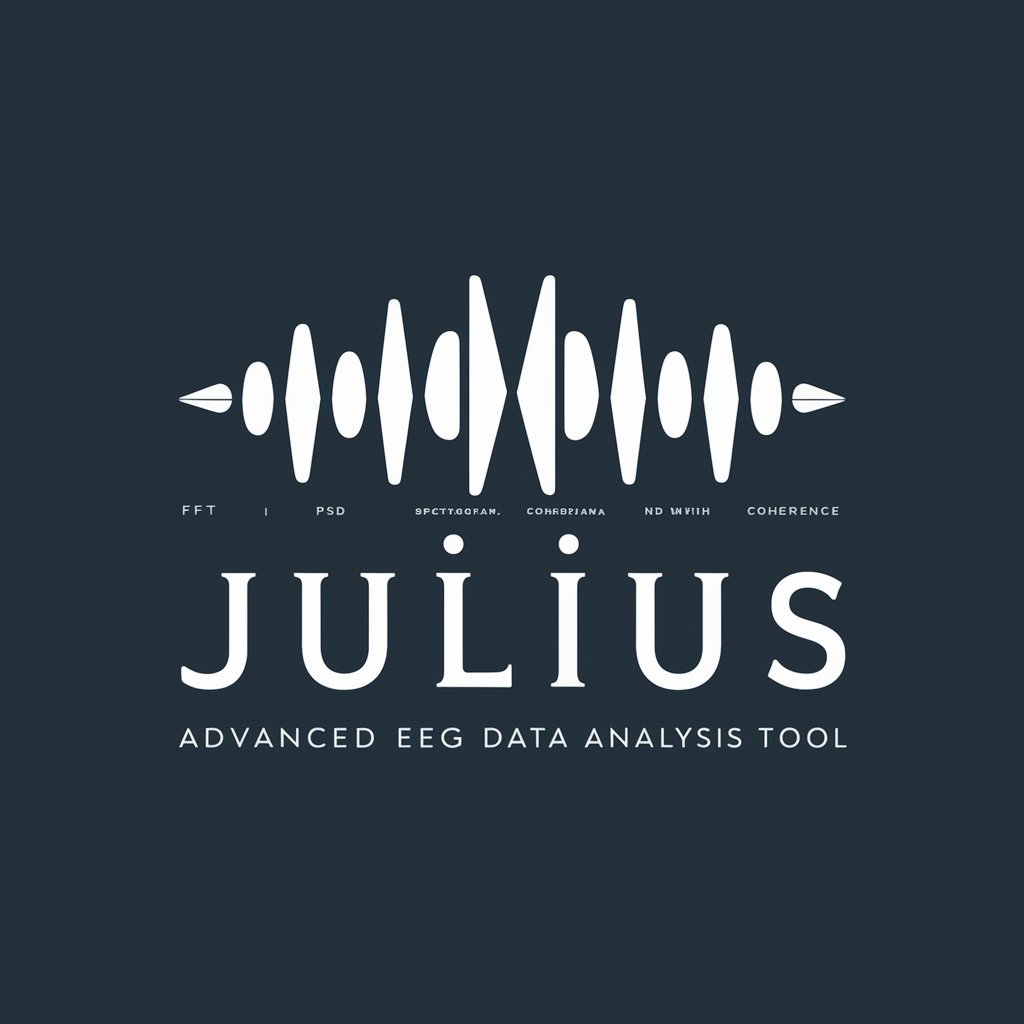
Metagenomics Analysis
Unveil microbial secrets with AI power
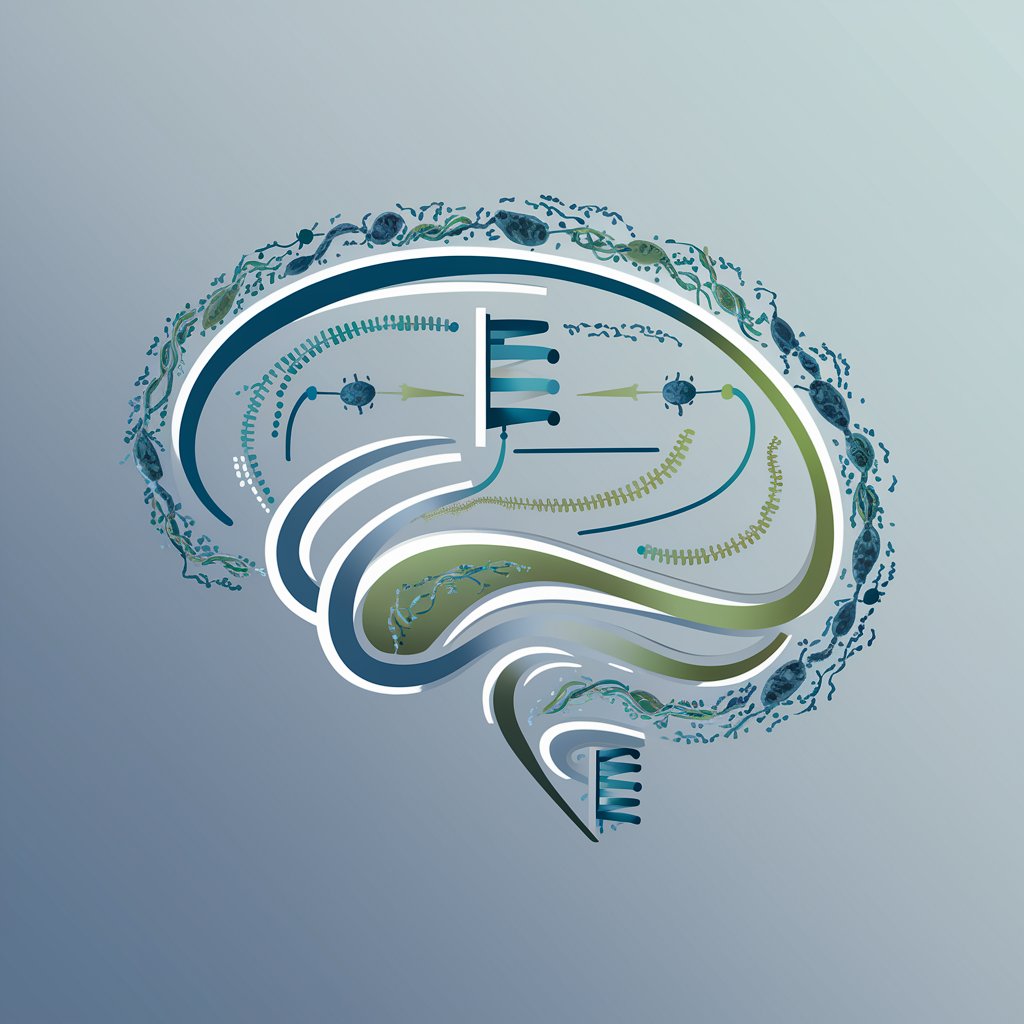
Friendly Neighborhood CISO
Empowering Cybersecurity with AI

Friendly Neighborhood Pastor
Your Virtual Pastor, Powered by AI

HomeMeta's Neighborhood Finder
Discover Your Ideal Neighborhood, AI-Powered

🏠 Real Estate Neighborhood Farming Expert 👨💼
AI-powered Local Real Estate Mastery

Osint Analysis
Unlock insights with AI-powered analysis
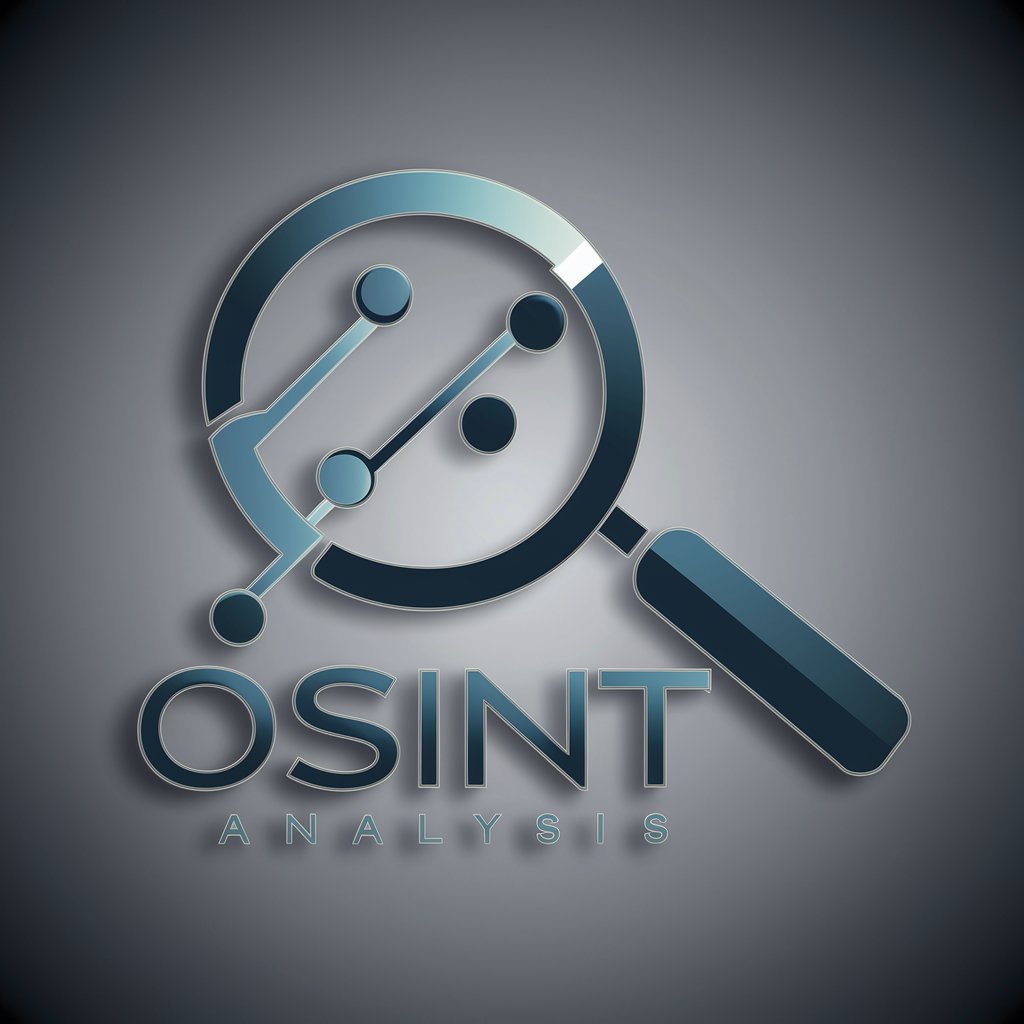
Feature Extraction
Unlock insights with AI-powered analysis

Fundamental Analysis
Empowering investment decisions with AI.
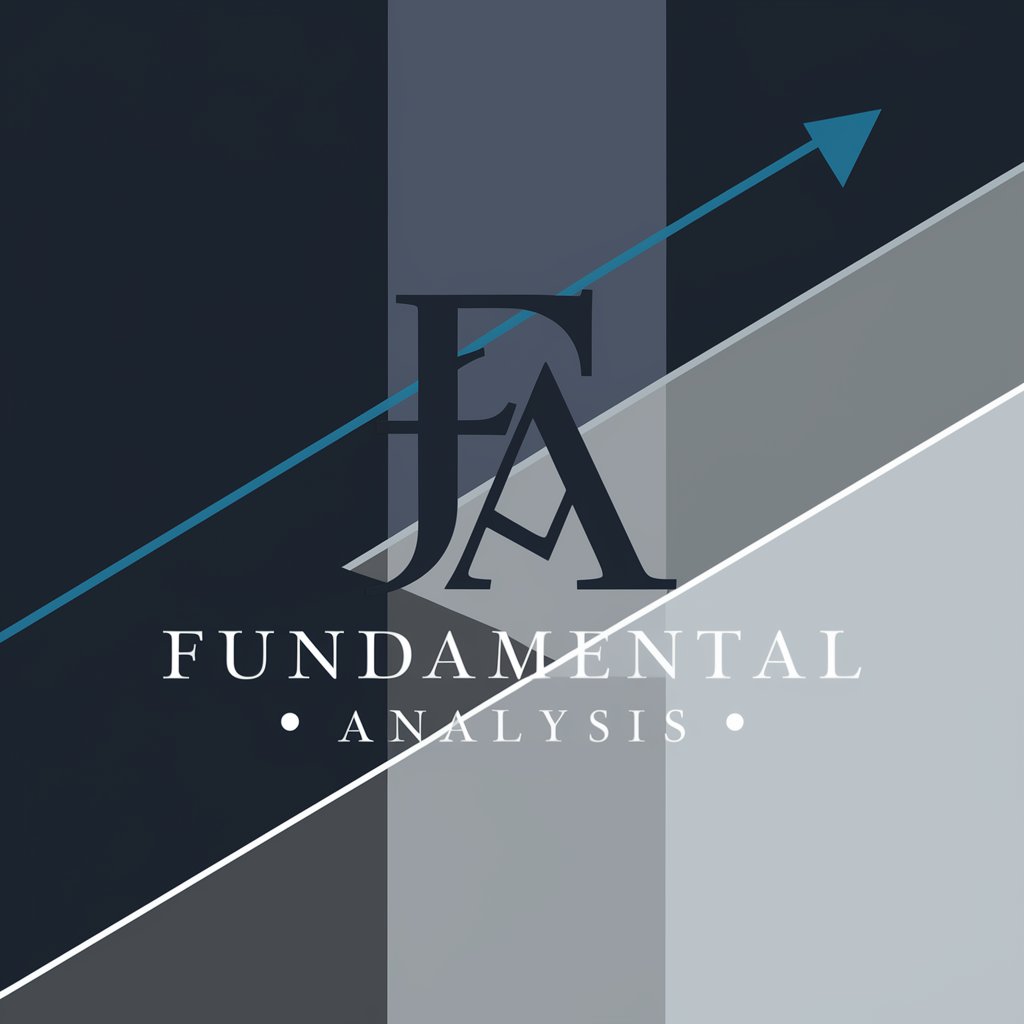
Statistical Analysis
Empowering Decisions with AI-Driven Statistics
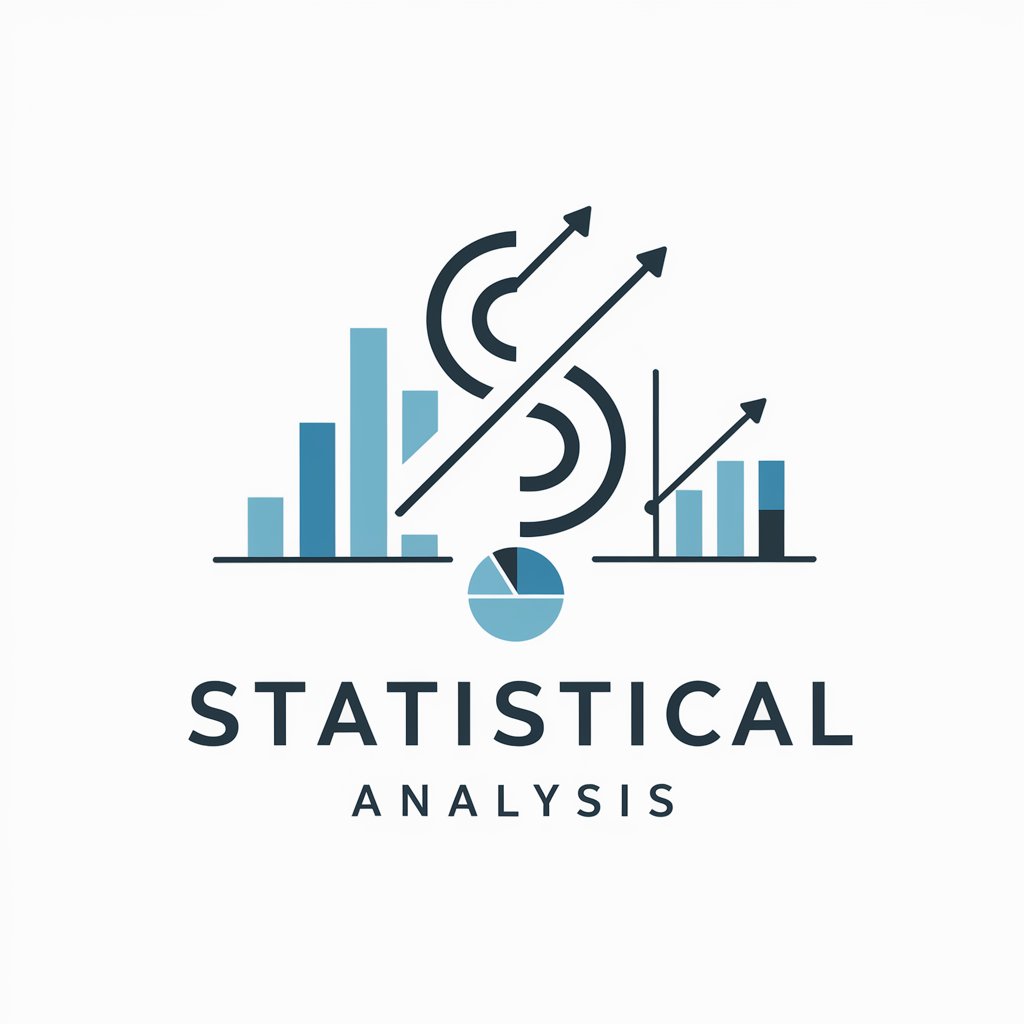
Visual Muse
Crafting Your Vision with AI
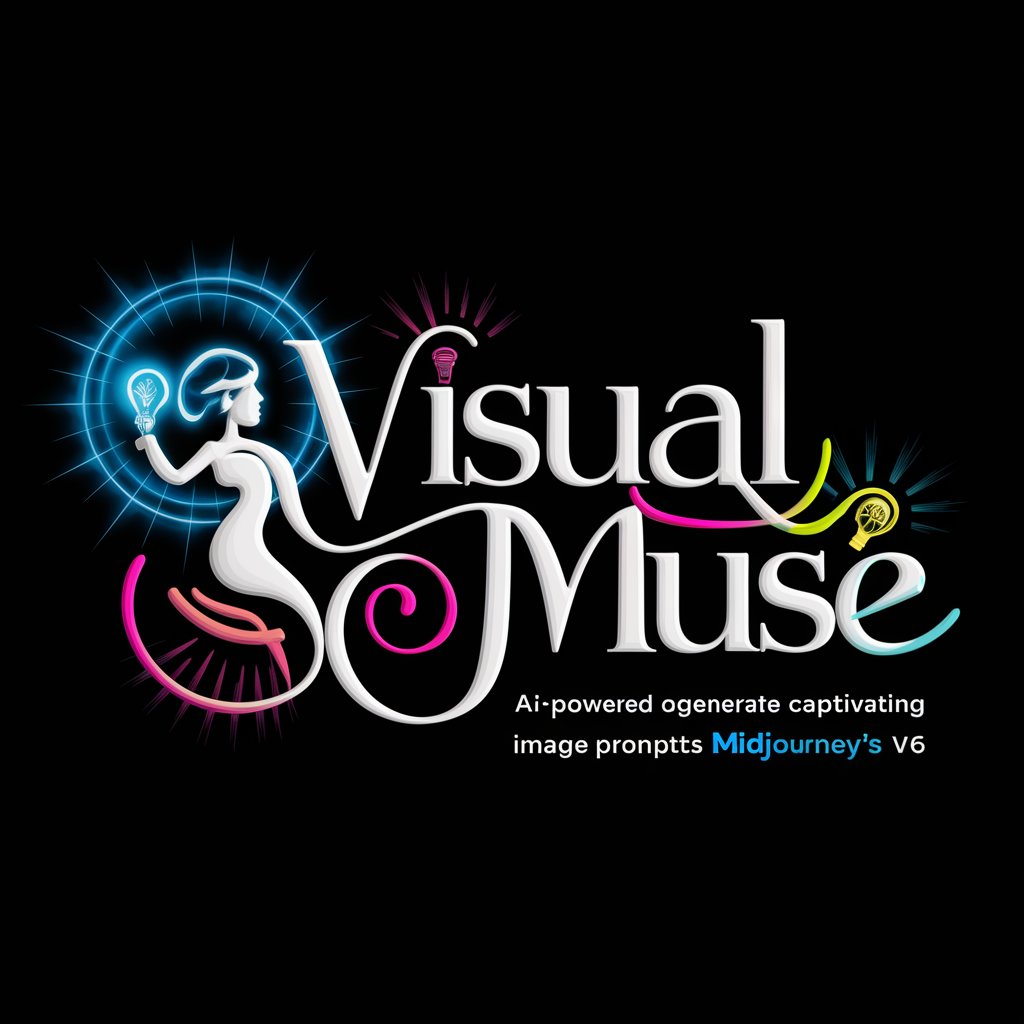
Copywriting Wizard
Unleashing Creativity with AI-driven Copy
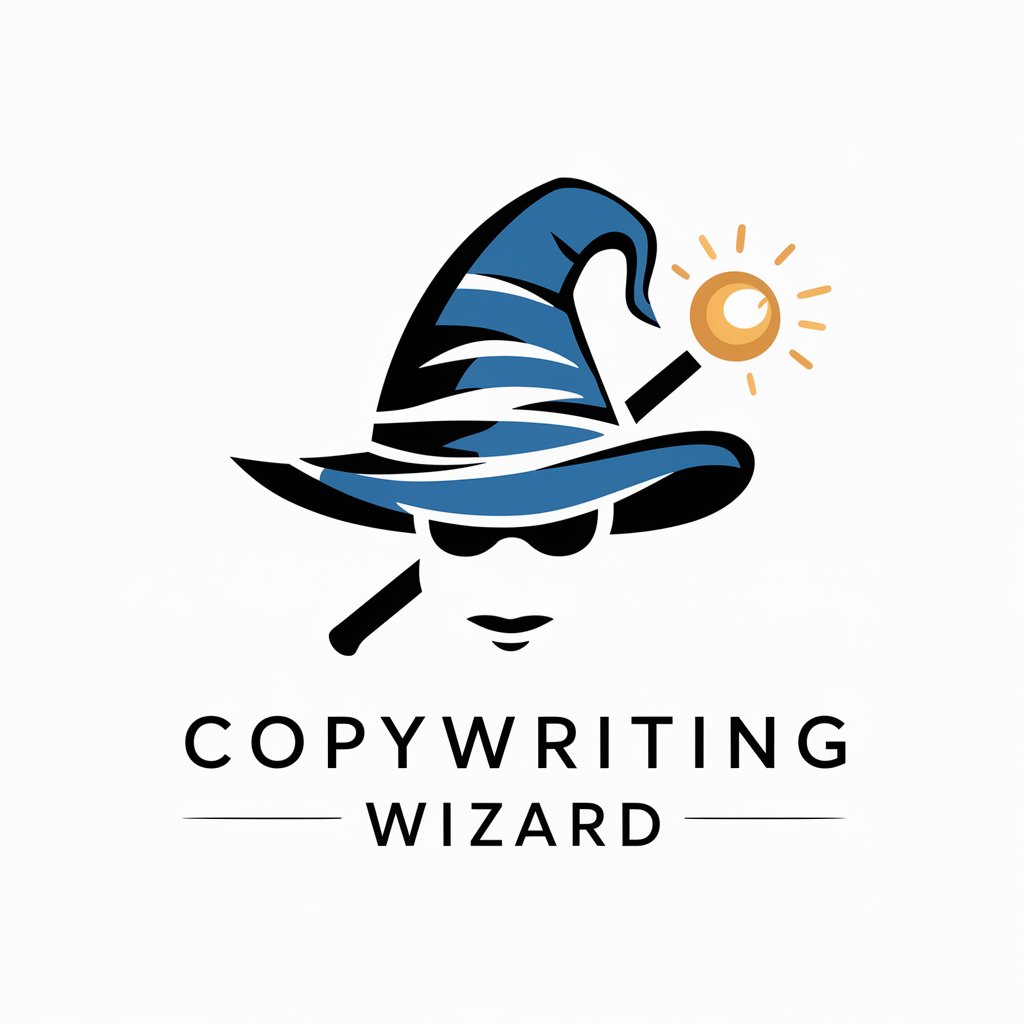
Frequently Asked Questions About Literary Analysis
What types of texts can Literary Analysis help with?
Literary Analysis is versatile, aiding in the examination of novels, poems, plays, and short stories. It's designed to delve into various literary aspects, including theme, character development, and narrative techniques.
Can Literary Analysis assist in academic writing?
Yes, it provides detailed insights into literary works that can enhance academic papers, thesis work, and essay writing by offering deeper understanding and critical perspectives on texts.
How does Literary Analysis handle different narrative perspectives?
It explores the effects of various narrative viewpoints on the story's delivery and reader's perception, analyzing first-person, third-person, and other narrative styles for their impact on storytelling.
Is Literary Analysis suitable for book club discussions?
Absolutely. It offers structured questions and analysis prompts that encourage engaging discussions, making it a valuable tool for book clubs looking to explore texts more deeply.
How does Literary Analysis incorporate literary devices in its analysis?
It identifies and explains the significance of literary devices such as metaphors, similes, symbolism, and irony, demonstrating how they contribute to the work's thematic depth and emotional impact.

